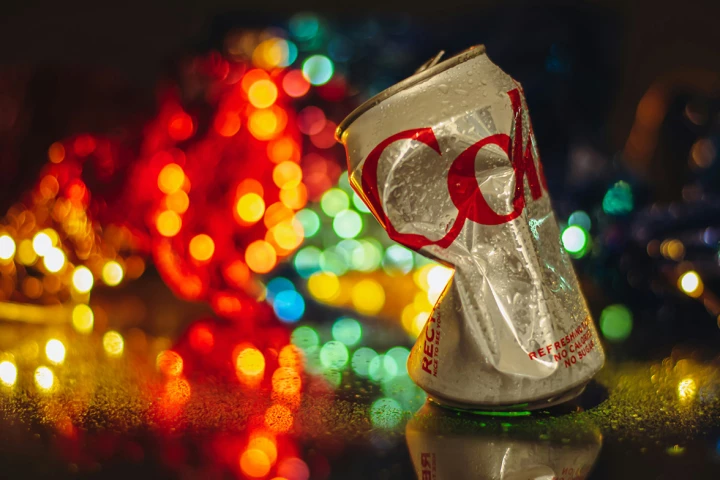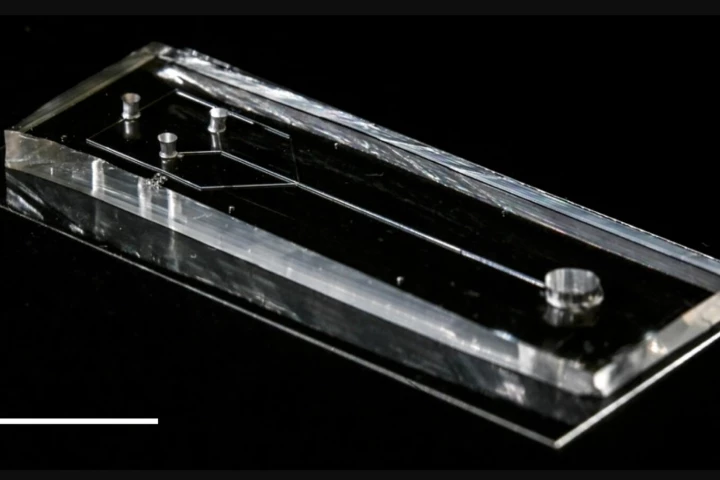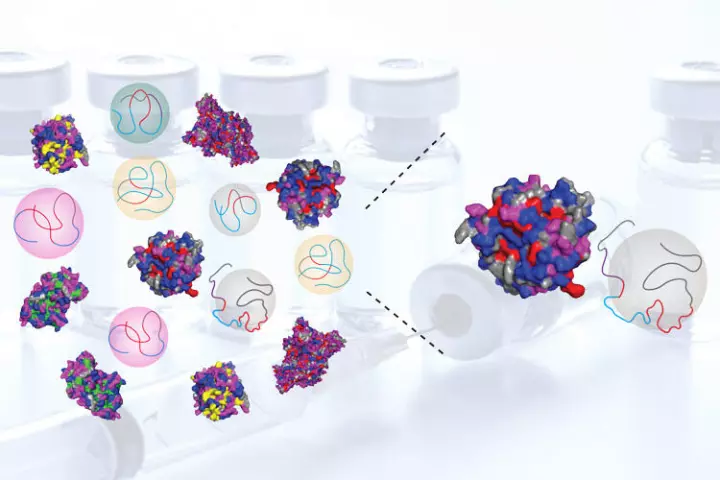Artificial
-
Aspartame has long been marketed as a guilt-free alternative to sugar in products like Diet Coke and sugar-free Jell-O. However, the sweetener has now been linked to an increased risk of heart attacks in mice. Should you ditch your fizzy drinks?
-
New York might be known as the city that never sleeps, but it turns out there's a lot less shuteye happening in smaller urban areas across the globe. And it's not because of nightlife, but artificial light emitted from buildings and infrastructure.
-
Using DNA and proteins, scientists have created new synthetic cells that act like living cells. These cells can be reprogrammed to perform multiple functions, opening the door to new synthetic biology tech that goes beyond nature’s abilities.
-
Scientists believe lightweight, ultra-strong and flexible spider silk is now one step closer to commercial use thanks to a deceptively complex 'box' that can spin nature's wonder fiber in a "spontaneous, extremely rapid, and highly reproducible" way.
-
A 15-year project trying to build a synthetic yeast genome has hit a major milestone – yeast cells with more than 50% synthetic DNA for the first time. The team created synthetic versions of almost all its chromosomes plus a completely new one.
-
A debate has raged for decades as to whether a common artificial sweetener, aspartame, causes cancer. While the World Health Organization has now said it 'possibly' does, experts argue there's little evidence to support this and that it's still safe.
-
How small a canvas can evolution work on? Scientists have experimented with a synthetic lifeform designed to have the simplest possible genome, and found that given the chance it can evolve lost fitness back, showing that indeed, “life finds a way.”
-
A new study has found that consuming a widely available artificial sweetener produces a chemical that is damaging to DNA. The findings raise concerns about whether the sweetener is a contributing factor to a number of health problems.
-
Meteor showers are beautiful astronomical phenomena, but they can be fickle. Now a Japanese company is planning to put on artificial shooting star shows on demand with the Sky Canvas project. And there might be some scientific benefits to it as well.
-
The squid’s color-changing abilities have fascinated scientists for decades. Now, researchers have created a new squid-inspired artificial skin that can withstand extreme cold and kill microbes, opening the door to a range of potential uses.
-
Can we take shortcuts on nature’s blueprint and make more efficient synthetic proteins? A new study finds simple combos of synthetic building blocks can make for protein alternatives that work just as well as, or even better than, the real thing.
-
Japanese scientists have engineered the smallest lifeform that can move on its own. The team introduced bacterial proteins that enable movement into a simple synthetic bacterium that normally cannot move, causing it to change shape and become mobile.
Load More











